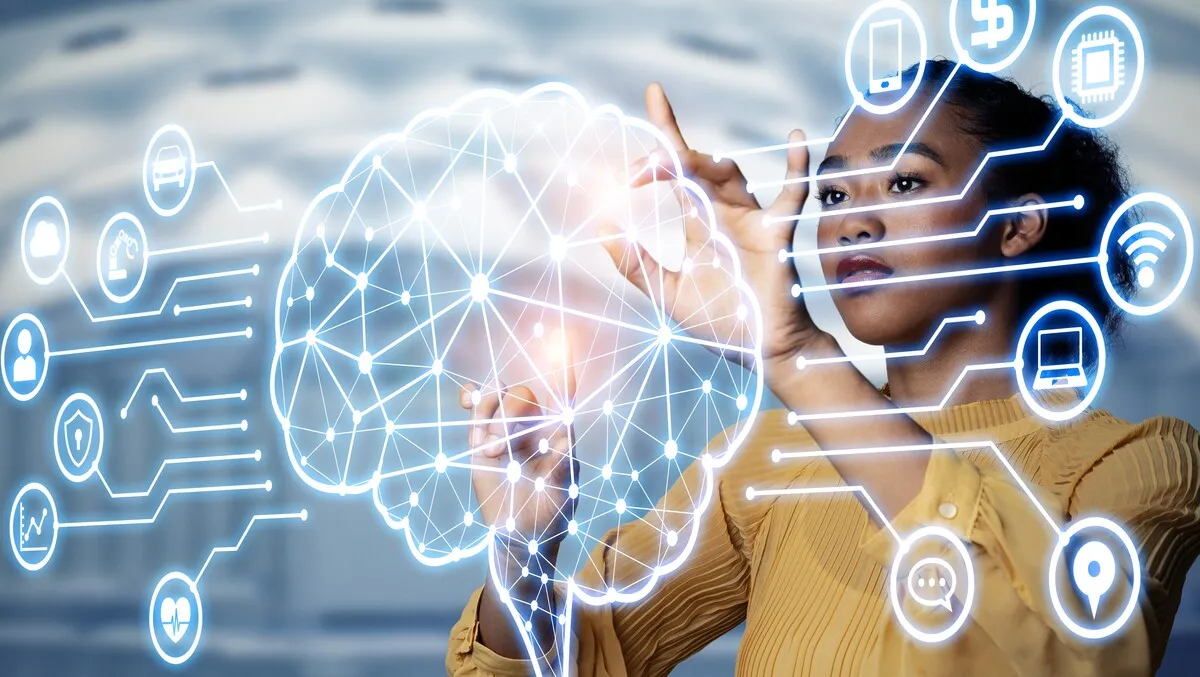
The Automation Generation: the AI-enabled workforce
Generative AI has unleashed an AI 'tsunami', a time of rapid advances, exuberant adoption, and commercialisation of AI-powered applications. But when it comes to jumping into AI adoption, enterprises need to look before they leap.
In particular, organisations must assess how disruptive technologies like AI and automation can help them renew and reinvent processes to leapfrog the status quo. This is especially crucial when it comes to how their AI implementation impacts workers.
Current macroeconomic factors force business leaders to operate with leaner teams and reduced budgets. This can lead to widespread burnout felt across departments, functions, and demographics. To help manage this reality, business leaders are seeking solutions that'll help them gain a competitive edge and empower employees to be more productive despite these challenges.
AI-powered automation is emerging as the solution that helps employees improve their productivity and enhance workplace engagement and enables organisations to provide better, more personalised customer experiences. This is because it allows workers to find and analyse data more easily, respond to customer inquiries smarter and faster, and streamline repetitive, time-consuming tasks.
As a result of this shift to AI in the enterprise, a new generation of workers has been born: the Automation Generation. Unlike the previous defining generational categories, the Automation Generation encompasses all ages and demographics. It represents the entirety of today's workers who are embracing AI-powered automation to be more collaborative, creative, and productive. To better understand this new dynamic, UiPath surveyed more than 6,400 workers worldwide to capture what's driving the Automation Generation, the challenges it faces, and the ways in which it is using technology to better individuals and their workplaces.
Burnout and how AI can address it
It should come as no surprise that workers are feeling more pressure and taking on more responsibilities in their jobs—78% of Australian workers say they are experiencing burnout, and 32% say they've been asked to take on more tasks at work in the past six months because of layoffs and hiring freezes.
Leading contributors to burnout include: working beyond scheduled hours (45%); pressure from managers/leadership (39%); and too much time spent on tactical tasks (29%).
Most Australian workers want automation, with 67% saying it will help address burnout and enhance job satisfaction and 64% reporting it will empower them to do their jobs better.
Younger employees are more receptive to the potential of AI-powered automation, with 66% of Generation Z, 69% of Millennials and 54% of Generation X workers reporting it would improve their workplaces, while only 29% of Baby Boomer respondents felt similarly.
Automation Generation forging better workplace experiences
AI-powered automation is emerging as a differentiator in attracting and retaining top talent. The UiPath survey found 61% of Australian workers said they view employers who use automation more favorably than those who do not.
The survey also found that 35% of Australian respondents are already using AI-powered automation solutions at work—85% of whom believe these solutions can help address burnout and enhance job satisfaction.
With an automation-first mindset and a clear understanding of what will make the Automation Generation thrive, employers can unlock more value from employees, accelerate innovation, and lead a new era of work.
UiPath is conducting a series AI-Powered Automation Summits with leading Australian and New Zealand organisations on Tuesday, 1 August in Melbourne and Wednesday, 2 August in Sydney to address issues such as: why AI and automation are critical in delivering business impact: latest AI-powered automation trends, and how organisations are succeeding in their AI-fuelled ambitions.

